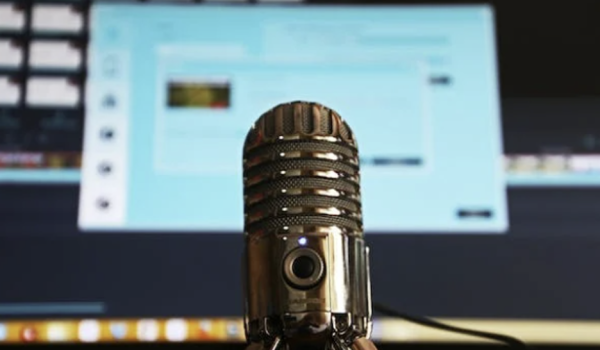What appears to be the students’ friend is at the same time the professors’ dread, as most of them discourage the use of Wikipedia for essays and projects because of its questionable accuracy of facts. In order to help students who cannot imagine academic life without the presence of Wikipedia, we have come up with a short guide on how to use the information on there without facing serious consequences.
Know your sources
In order to use Wikipedia in academic writing, it is important to know that once you found the facts you need, you should not attribute them to Wikipedia itself on your bibliography or works cited page. Instead, it’s better to look for the little hyperlinked footnote at the piece of the information you wish to use, be it a statistic, a sentence, a date etc. Once you spot one of those blue numbers, there is a high chance that the information it belongs to is accurate and therefore okay to use. By clicking on the footnote, you will be directed to the ‘references’ section of the article where the resources used for the text are listed. Check out the source(s) you are directed to. If you decide that there is something worth using, put it into the references of your academic work, instead of citing Wikipedia.
Trust, but verify
Let’s say you are reading through an article on your research topic but the text you want to quote does not have a footnote to it. Even in that case, it is still possible to use Wikipedia for your own benefit. All you have to do is take the fact you just read about on Wikipedia and research it further on Google. If you find other sources stating the same or a similar thing, you can cite the actual source where you found it. If nothing relevant appears upon a Google search, you will know that the information was inaccurate and should not be used in your essay.
Get inspired
Furthermore, you can use the website in order to find out about more topics related to your research. Wikipedia entries often have in-text links to other related articles, which may inspire you to look at the subject of your work considering different aspects and connections to it. The same applies to the ‘see also’ and the ‘notes’ section.
Even though Wikipedia should not be used directly as a source in academic writing, it can still provide a good starting point for your train of thought on a certain topic and direct you to other useful resources.
Support us!
All your donations will be used to pay the magazine’s journalists and to support the ongoing costs of maintaining the site.
Share this post
Interested in co-operating with us?
We are open to co-operation from writers and businesses alike. You can reach us on our email at [email protected]/[email protected] and we will get back to you as quick as we can.









